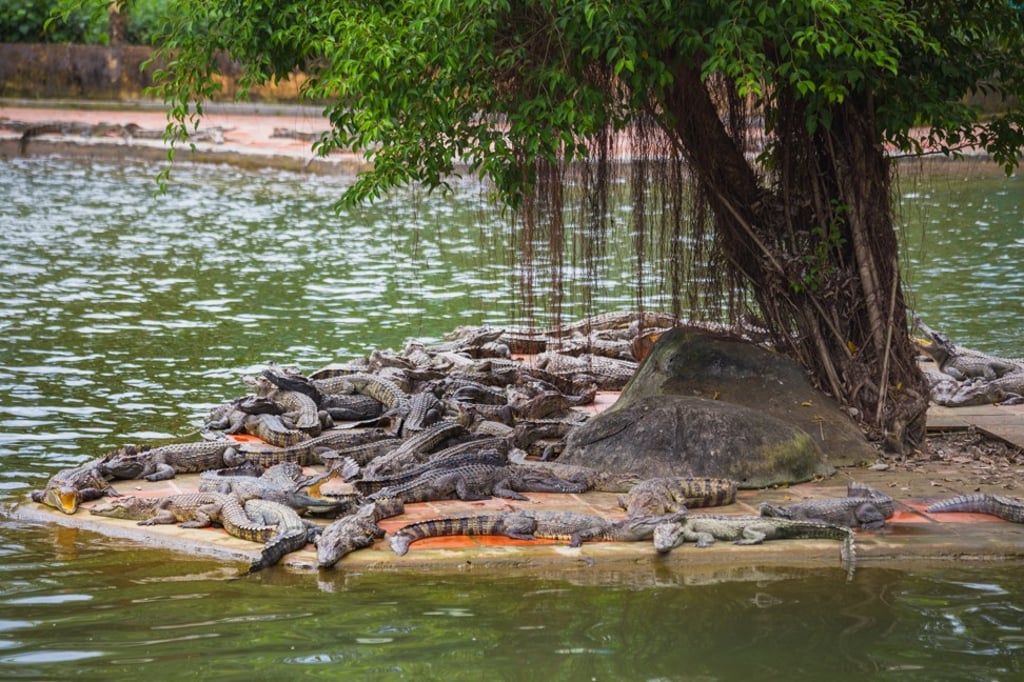Chanel, Victoria Beckham, Topshop have all banned exotic skins – but trend could be doing more harm than good
- Contrary to popular belief, using ethical sources of crocodile leather in the fashion industry can help in wildlife conservation, says industry leaders
- Some believe crocodile and snake farms are helping conserve the species, and without the demand for exotic skins there would be no farms

These days, carrying fashion accessories made of exotic animal skin seems to have fallen a little out of favour.
While bags and shoes made of crocodile leather or snakeskin were once viewed as “ultra luxury” items, a greater awareness of ethical and sustainable sourcing of materials for fashion items has led to an increased scrutiny on high-end brands that make such items.
Following Chanel’s lead, other designers including Vivienne Westwood, Diane von Furstenberg and Victoria Beckham stopped using exotic skins in their collections, as did brands targeted at the mass market, including Topshop, H&M and Adidas. Most recently, luxury British department store Selfridges pledged to stop selling products made of exotic leathers by 2020.

But while some have hailed this as an enlightened move, there may be more to this decision than ethics and a concern for sustainability. Industry observers have pointed out that compared to its luxury competitor brands, Chanel did not acquire or invest in farms or tanneries to secure their access to high quality and ethically produced exotic skins.
